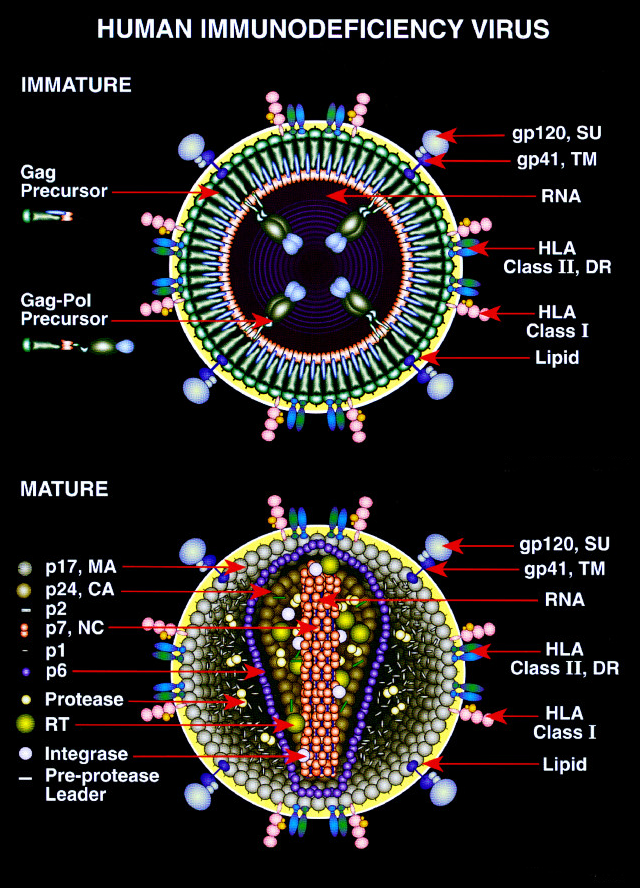Body odor
We all have it. We all try to avoid
it. Body odor from ourselves and especially
from others can be a suffocating insult to our delicate olfactory senses. But the blame for bad B.O. falls squarely on the bacteria that take up residence on our skin. So, if you want to smell better, then avoiding the bad bacteria is the key.
 |
| Body odor can have unintended consequences |
There
are times when body odors remind of us of another smell, like cheese or chicken
soup and then the connection of body odor can make a favorite food suddenly
become unpalatable. Even worse, there are times when body odor can be the
breaking point in a relationship. But each of those smells is from chemicals made by just a few odorific bacteria living near your sweat glands and living off the organic molecules in your sweat.
Eaters of the Sweat
Odor starts with the sweat secreted by the apocrine sweat glands (these sweat glands are specific to the armpits, genitals and areolas; eccrine sweat glands are located all over the body). Apocrine glands are triggered, of course, by a range of stimuli including heat, fear and stress. The sweat we release consists of a variety of organic compounds, primarily branched fatty acids and steroid derivatives. These molecules on their own have little to no scent and do not offend our sense of smell, but they serve as growth substrates for bacteria living on our skin.
It is amazing, and perhaps a bit disconcerting, to consider that there are bacteria loitering on your skin waiting for you to overheat or feel anxious, so that the molecules in your sweat can feed them. But there are. And by recognizing the bacteria that do this, we can ask which organisms are the least offensive? Are there microbial reasons for particularly bad B.O.? Well, there are three main suspects: Corynebacterium sp., Propionibacteria sp., and Staphylococcus epidermidis.
Which do you smell like?
 It turns out each of the bacteria above tends to have a particular metabolic end product and a particular smell. S. epidermidis, for instance, feeds on the fatty acids we secrete and
releases isovaleric acid, a chemical that is also present in several strong
smelling cheeses like Camembert. So, if the B.O. is reminiscent of cheese, S. epidermidis is a likely culprit.
It turns out each of the bacteria above tends to have a particular metabolic end product and a particular smell. S. epidermidis, for instance, feeds on the fatty acids we secrete and
releases isovaleric acid, a chemical that is also present in several strong
smelling cheeses like Camembert. So, if the B.O. is reminiscent of cheese, S. epidermidis is a likely culprit.
 If the smell is more like vinegar,
than it likely comes from propionic acid made by the appropriately named Propionibacteria. There is little love
lost between humans and this group of bacteria. In addition to smell, Propionibacterium
acnes is one of the principal causes of acne, as they can take residence
within the sebaceous glands on our face and simultaneously wreck havoc on our skin and
social lives.
If the smell is more like vinegar,
than it likely comes from propionic acid made by the appropriately named Propionibacteria. There is little love
lost between humans and this group of bacteria. In addition to smell, Propionibacterium
acnes is one of the principal causes of acne, as they can take residence
within the sebaceous glands on our face and simultaneously wreck havoc on our skin and
social lives.
 Finally, we have the Corynebacterium sp., the causative agent of some of the worst,
foulest B.O. It can smell so bad it has a clinical name (apocrine bromhidrosis). These
bacteria release butyric acid, which at its best may remind you of Parmesan
cheese but it’s a smell that is rarely at its best.
Finally, we have the Corynebacterium sp., the causative agent of some of the worst,
foulest B.O. It can smell so bad it has a clinical name (apocrine bromhidrosis). These
bacteria release butyric acid, which at its best may remind you of Parmesan
cheese but it’s a smell that is rarely at its best.
So, what can be done about B.O.?
In some particularly bad cases, surgery, liposuction or botox have been used to remove or inhibit sweat production from apocrine glands. Yikes.
Good hygiene
is certainly the best first step to reducing B.O. You can use Anti-perspirants to block
sweat glands and reduce the volume of sweat, but remember the body needs
to sweat, so 100% anti-perspiration is a bad idea.
Deodorants contain some
anti-bacterial compounds that can inhibit bacterial growth, but the action is
not targeted at the main culprits above. Also, deodorants can stop working over time so changing deodorant brands can compensate for suddenly
increased odor.
However,
as our ability to distinguish good and bad microbial communities increases, a
better option would be to treat bad bacteria with good bacteria. There are some interesting pro-biotic and homemade deodorants out there. I wonder if anyone has had success with these. As a microbiologist, I'd be happy to recommend some bacteria that could make your sweat smell more sweet.
 HIV outlook
HIV outlook


